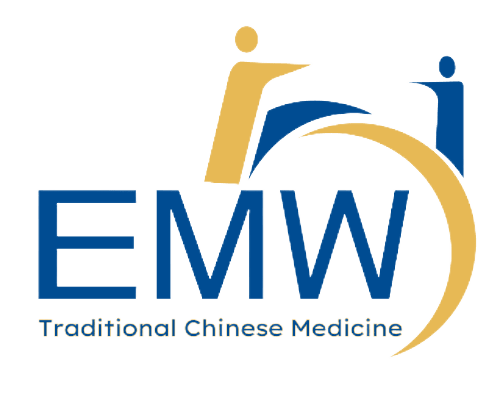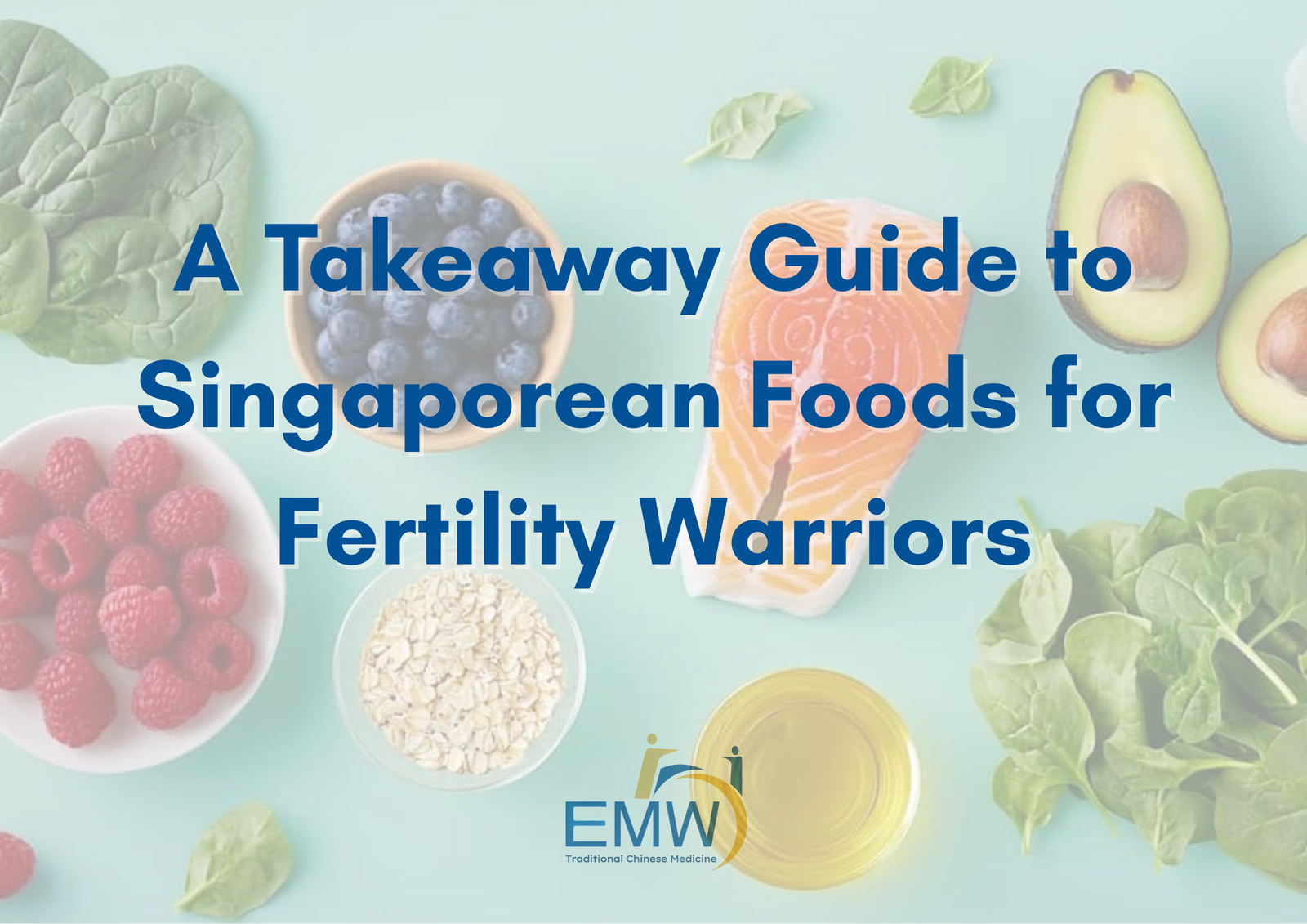Nourishing your body while on a fertility journey doesn’t require sacrificing flavor or convenience. Singapore’s vibrant culinary scene offers a wealth of takeaway options packed with the nutrients your body needs to optimize reproductive health. Let’s explore some delicious dishes that can be your allies in boosting fertility, all while tantalizing your taste buds.
This guide explores popular Singaporean dishes, highlighting how their nutritional components can positively impact fertility, along with tips for making healthier choices.
Food Choices
1. Mee Soto

Mee Soto is a traditional Malay dish consisting of yellow noodles in a spicy and flavorful broth, usually containing chicken, prawns, or beef, along with various herbs and spices. It is not only a delicious option but also rich in fertility-friendly nutrients.
- Vegetables: Bean sprouts contribute essential vitamins and minerals. The more vegetables, the better! You may consider adding extra vegetables or requesting more veggies when ordering.
- Proteins: Chicken or prawns offer amino acids necessary for overall health. However, be mindful of the portion size and choose lean cuts of chicken to minimize saturated fat intake.
- Noodles: The yellow noodles in Mee Soto are typically made from wheat flour. While carbohydrates are an important part of a balanced diet, consider opting for whole wheat noodles or asking if there’s a whole grain option available. Whole grains provide more fiber and nutrients.
- Spices and seasonings: Spices and seasonings used in Mee Soto may vary, but they often include ingredients like turmeric and ginger, which are known for their anti-inflammatory properties, which may contribute to a healthier reproductive system.
- Broth: The broth is a significant part of Mee Soto. Broths can be nutritious, but they can also be high in sodium. You may want to ask if there’s a low-sodium broth available or try to limit your overall sodium intake throughout the day.
2. Fish Soup

Singaporean fish soup, often loaded with an assortment of fresh fish and vegetables, can be a relatively healthy option, but there are certain considerations you may want to keep in mind if you’re trying to conceive and are focused on a fertility-friendly diet.
- Broth: Opt for a clear broth instead of a creamy one. Creamy soups may contain higher levels of saturated fats, which might not be as beneficial for fertility.
- Vegetables: Make sure the soup contains a good mix of vegetables. Colorful vegetables are rich in vitamins, minerals, and antioxidants that are essential for overall health and fertility.
- Fish: Fish is a good source of omega-3 fatty acids, which are beneficial for fertility. Choose lean fish options like cod, haddock, or flounder, as they are lower in mercury. High mercury levels in certain fish can be harmful to fertility and fetal development.
- Cooking methods: Choose fish soup that is prepared using healthier cooking methods, such as steaming or boiling, instead of deep-frying. Deep-frying can add unnecessary calories and unhealthy fats to the dish.
- Sodium: Be mindful of the sodium content in the soup. Excessive salt intake may have negative effects on fertility. You can ask for reduced salt or soy sauce when ordering, or simply add these condiments sparingly at the table.
3.老火汤 (Herbal Soup)

Chinese herbal soups, known as 老火汤 or “slow-cooked soups,” are renowned for their nourishing properties. These soups typically include a variety of herbs and ingredients believed to enhance overall health, including reproductive health. However, its impact on fertility depends on the specific herbs used and individual health conditions.
- Herbs: Ask about the specific herbs used in the soup. Common fertility-friendly herbs include Chinese wolfberry (枸杞子), red dates (红枣), and black sesame seeds. Avoid certain herbs like dong quai (当归) and chuan xiong (川芎), as they may not be suitable for pregnant women or those trying to conceive.
- Balanced nutrition: Ensure that the soup provides a balanced nutritional profile. Include ingredients like lean meats, vegetables, and whole grains to enhance overall nutrition.
- Salt: Request that the soup be prepared with minimal salt and avoid excessive use of additives.
4. Cai Png (Economical Rice)

Cai Png, or mixed rice, a local favorite, allows for a customizable and nutritious meal.
- Balanced nutrition: Aim for a balanced mix of protein, carbohydrates, and vegetables. Include a variety of colorful vegetables to ensure a diverse range of vitamins and minerals. Choose lean protein sources like grilled chicken, steamed fish, or tofu.
- Fried/oily food: Limit fried and greasy items. While it’s okay to enjoy some fried or oily dishes occasionally, try to limit their consumption. Too much saturated and trans fats can negatively impact fertility. Opt for steamed, grilled, or boiled dishes instead.
- Whole grain: Opt for brown rice instead of white rice for higher fiber content and additional nutrients. Whole grains provide a steady release of energy and can help regulate blood sugar levels.
- Sauces: Some sauces used in Cai Png can be high in sugar, sodium, and unhealthy fats. Consider asking for sauces on the side or choose options with lighter, more natural dressings.
- Portion control: Be mindful of portion sizes to avoid overeating. Maintaining a healthy weight is important for fertility.
5. Yong Tau Foo

Yong Tau Foo, a Hakka Chinese cuisine, involves a variety of tofu and vegetable items stuffed with a choice of meat or fish paste. This dish is rich in plant-based proteins, calcium, and iron, which can contribute to overall reproductive health and support the body in preparing for pregnancy.
- Broth: Opt for Yong Tau Foo served in a clear, broth-based soup rather than deep-fried or stir-fried versions. Clear soups are generally lower in calories and healthier. Be mindful of the sodium content in the broth. Excessive salt intake may have negative effects on health, so choose a broth with moderate salt levels.
- Protein: Include a variety of lean protein sources, such as fish, tofu, and seafood. These are good sources of protein without excessive saturated fats.
- Vegetables: Load up on colorful vegetables as they provide essential vitamins, minerals, and antioxidants. Aim for a diverse mix to ensure a broad range of nutrients.
- Processed food: Minimize processed or deep-fried items, as they may contain unhealthy fats and additives. Fresh, whole ingredients are generally more nutritious.
- Whole grain: If your Yong Tau Foo includes noodles or rice, consider opting for whole grain or brown rice options for added fiber and nutrients. Remember, portion control is key.
6. Popiah/Spring Roll

These crispy rolls can be a delightful treat, but with some tweaks, they become fertility-friendly champions.
- Wrap: Ditch the refined wheat wrappers and opt for whole wheat or whole grain versions for added fiber and nutrients.
- Vegetables: Load up on colorful vegetables like carrots, cucumber, bean sprouts, and leafy greens. They’re packed with vitamins, minerals, and antioxidants essential for reproductive health.
- Protein: Include lean protein sources like grilled chicken, shrimp, or tofu for a satisfying and complete meal. Avoid deep-fried options loaded with unhealthy fats.
- Sauces: Skip the sugary and salty dipping sauces. Opt for lighter alternatives like a fresh lime chili dip or peanut sauce diluted with water, or ask for them on the side so you can control the amount you use.
- Portion control: Enjoy one or two popiah to satisfy your cravings without overindulging. Remember, moderation is key for a balanced diet.
- Cooking methods: While fried spring rolls may be tasty, they can be higher in unhealthy fats. Choose fresh or steamed spring rolls instead of fried ones for a healthier alternative.
In conclusion, our journey through Part I has unveiled the delightful and potent local dishes that can give your fertility a natural boost. From the fresh and flavorful seafood to the soul-warming herbal soups, Singaporean cuisine is a treasure trove of fertility-friendly foods. By adding these delicious, nutrient-packed dishes to your meals, you’re not just nourishing your body but also embracing a rich culinary tradition.
But hold on, food adventurers! This is just the beginning. In Part II, we’ll embark on a global culinary tour, exploring international foods that are equally powerful in supporting your fertility journey. Get ready to discover exotic and mouth-watering dishes from around the world that will make your fertility diet an exciting and flavorful adventure.
Our TCM Physicians
Principal TCM Physician
- M.Med(TCM Gynaecology)
- B.Sc(Hons) Biomedical Sciences
- Dip. Naturopath
- Ayurvedic Therapist(500hrs)
- Registered TCM Physician (Singapore MOH)
Senior TCM Physician
- M.Med(TCM Acupuncture & Moxibustion)
- B.Sc(Hons) Biomedical Sciences
- Certified Aromatherapist
- Registered TCM Physician (Singapore MOH)
TCM Physician
- M.Med(TCM Gynaecology)
- B.Sc(Hons) Biomedical Sciences
- Registered TCM Physician (Singapore MOH)
TCM Physician
- B.Med(TCM)
- B.Sc(Hons) Biomedical Sciences
- International Board-Certified Lactation Consultant (IBCLC)
- Registered TCM Physician (Singapore MOH)







